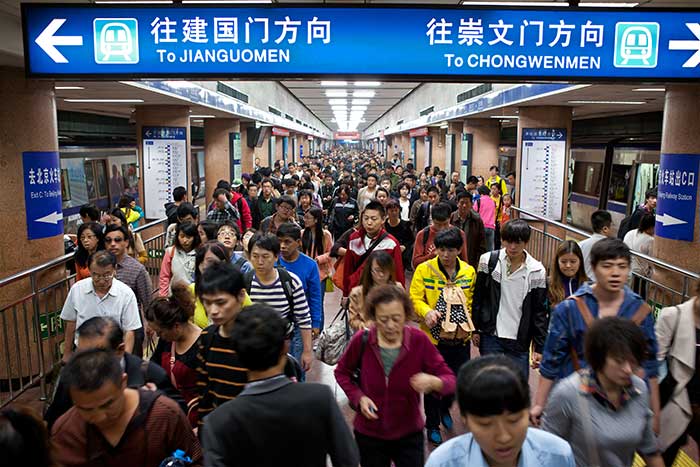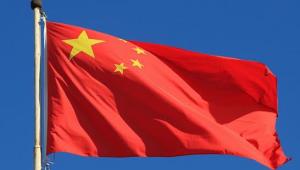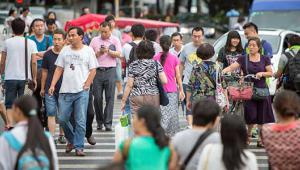The figures showed a 0.2 percentage point decrease in growth compared with 2015. Although this is still in line with China’s growth targets of between 6.5% and 7%, today’s data represents the slowest growth rate for the nation since 1990.
China’s slowdown has been state-planned, with the government attempting to transition the economy to a more sustainable model.
In a statement on its website, the National Bureau of Statistics of China, which published the figures, described the economy as getting off to a “good start” in 2016. China runs its economy in five-year periods, the thirteenth of which began last year.
“The national economy achieved moderate yet steady and sound development,” it added.
However, many have long argued that the country’s growth is actually much weaker than that recorded by official data.
This argument gained credence last week when the governor of Liaoning province admitted that the authorities of many cities and countries across Liaoning manipulated their economic indicators between 2011 and 2014.
Some local governments had inflated their fiscal income by up to 23%, governor Chen Quifa told the provincial legislature earlier this week.
“The fake fiscal figures influenced the central government’s economic judgement and accordingly led to a lowering of the size of transfer payments to the province,” he said, according to a South China Morning Post report.
Local residents also got shouldered with higher taxes, since a larger proportion of the province’s revenues were paid to the central government, Quifa said.
In a 2015 note on his website, Willem Buiter, global chief economist at Citi, wrote that China has a “long history” of understating true GDP during a boom and overstating it during a slowdown.
“But the degree of overstatement of ‘true’ growth by the official data since 2010 goes well beyond such ‘smoothing’,” he continued.
In recent years, a number of local politicians have come out and said data in their areas has been fabricated. In December, China’s top statistician, Ning Jizhe, director of the statistics bureau, acknowledged the country has a problem with data falsification at the local level.
Earlier, in October, a taskforce headed by president Xi Jinping had issued guidelines for increasing data accuracy, including harsher penalties for data falsification.














